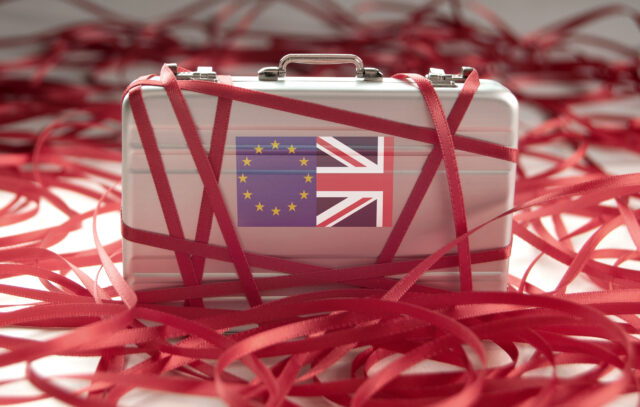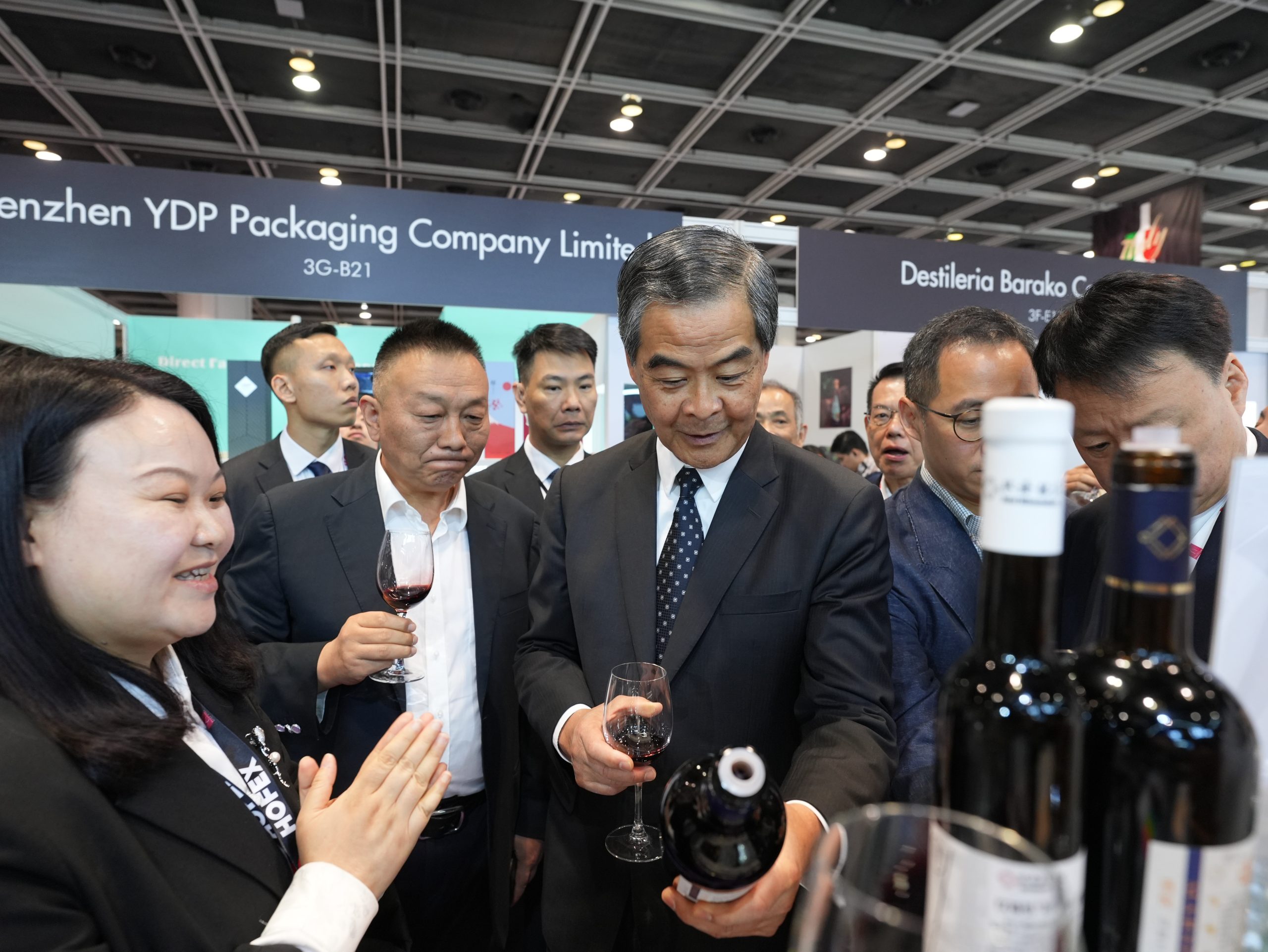Victory for UK wine industry as government promises to axe VI-1 forms
There was victory for the UK wine industry after the government promised to axe the VI-1 forms that had threatened to tie up wine imports to the UK in red tape and cost the industry around £130 million a year.

Defra, who announced the u-turn on Sunday, said the move would “take away a significant burden on our wine trade, the second largest in the world in value terms” and claimed the move would enable Brits to “enjoy the same high-quality products from across the world at a cheaper price – on average 10p per wine bottle imported into GB.”
However it failed to acknowledge that it was the government’s decision to introduce the forms in the UK in the first place, which industry analysis estimated would have added 10p to the cost of every bottle of imported wine.
Removing the additional red tape will maintain the current situation and ensure importing wine into the UK remains as streamlined as possible.
Food and Drink Minister Victoria Prentis said the UK wine industry has increasingly delivered fantastic wines at great value from all around the world.
“Cutting this needless red tape will place our businesses in a stronger position internationally, as they continue to grow, while consumers can raise a glass to great wine from around the world,” she said.
“Great Britain is already a global hub in the international wine trade, supporting many jobs across the country. Ending the requirement for import certificates will strengthen this position and is a clear benefit of now having the freedom to determine our own rules.”
The international Trade Minister Ranil Jayawardena added that it was “fantastic” that the British people “will no longer have to pay for unnecessary bureaucracy when they buy a bottle of wine”, adding that trade was key for economic growth and “levelling up the country”.
“Through our trade deals, we are making it easier for British consumers to access to top-quality products from around the world – including wine – and we are bringing down foreign trade barriers to open up even more opportunities for British businesses to succeed overseas,” he said.
Government U-turn
The VI-1 certification process is used by the EU to certify that wine exported from a third country of origin wine into the EU complies with EU regulations and requires wines to be submitted for lab testing before shipping. Following Brexit, the UK government under Theresa May rolled over all EU regulations into UK law, with the result that the VI-1 forms would be required for all wine exports from EU countries, which were now classed as a ‘third country’ for imports.
Around 55% of the wine consumed in the UK is exported from the EU, figures from the WSTA show.
Exceptions to VI-1 requirements include wine designed for trade fairs in containers of up to two-litres and shipments of less than 100 litres, where the wine is in separate containers of up to 10-litres. Some countries, including Australia and the US, have simplified or electronic versions of the forms.
The forms were originally due to be introduced into the UK in January 2021, however they were temporarily postponed by the government until 31 June 2021, then again until 31 December 2021.
The UK drinks industry spearheaded by the WSTA, have consistently lobbied against the impositiuon of the “needless” forms since they were first mooted, with the WSTA chief executive Miles Beales warning last year that the “significant risk” they posed would could cause “permanent damage to the UK as an international wine trade hub”.
Partner Content
In a statement today, the WSTA said the industry had secured “an historic win”, calling it a “huge boost for producers, importers and consumers”, which would prevent the price of a bottle of wine increasing by around 13p, it said.
Chief executive Miles Beale said it was “a truly historic moment for the UK’s world-leading wine trade”.
“We have spent more than two years campaigning relentlessly to avoid the introduction of new import certificates for EU wine imports on the one hand and scrapping the unnecessary and costly VI-1 wine paperwork for on-EU wine imports on the other,” he said. “The first would have cost the UK wine industry some £70m [annually], reduced consumer choice and bumped up prices. The second will increase those savings to over £100 million. It’s a truly fantastic outcome.”
“It is heartening to know that Government trust the WSTA’s advice and are listening to the concerns of business, particularly SMEs. This is a major win for wine lovers and the UK wine industry. I am sure corks will be popping across the globe in celebration of this most welcome news.”
Widespread relief
MPs had joined the WSTA in arguing against the introdution of the forms, with the co-chair of the All-Parliamentary Group for Wine and Spirits warning that the extra certification would “contradict the government’s claim of opening up the country to world trade and would hit consumers and our economy”. It would also cause a widespread reduction in ranges and choice available to customers.
Neil Coyle MP, co-chair of the group, said that the certificates had originally been designed by the wine-producing countries of the EU “to make importing wine from outside the EU more difficult”, and it made “no sense” for the UK Government to retain them following Brexit, as the UK imports around 99% of the wine consumed here. MP’s also pointed out that this was a major hub for the international wine trade.
The House of Lords had previously called for an electronic alternative during a debate of the Agriculture bill in July 2020. Lord Holmes of Richmond, who tabled the amendment, later told the WSTA conference in September that year that the government needed to act ‘now’ to introduce new blockchain technology.
This, he said, could become the bedrock of the wine and spirit trade in the UK, reducing friction on trade and allowing access to real-time data across the supply chain, and helping producers and distributors get their products into the hands of consumers more quickly, while maintaining the quality.
Read more:
UK FINE WINE INDUSTRY ‘IN PERIL’ POST BREXIT TRANSITION PERIOD
IMPORTING WINES FROM THE EU: THE LOWDOWN




